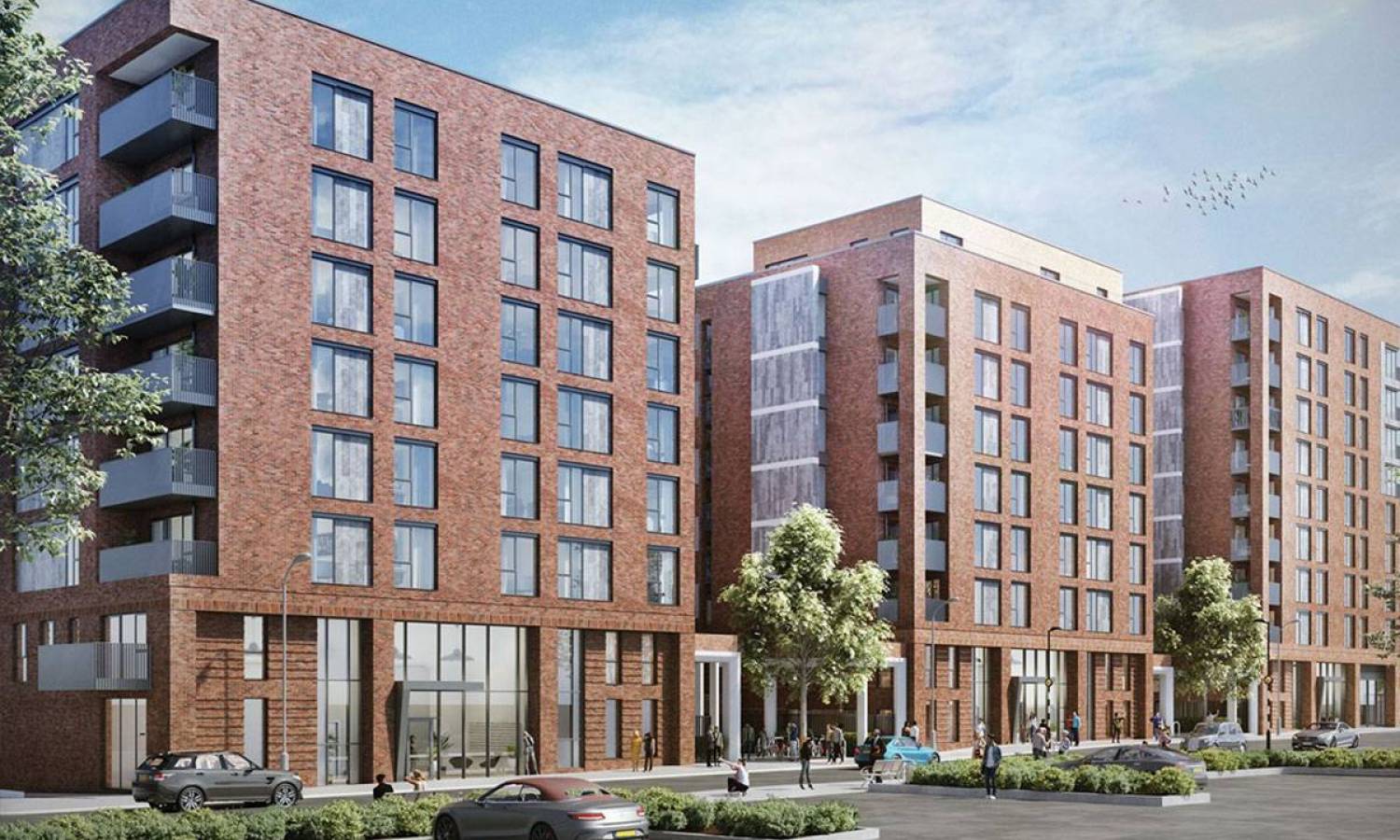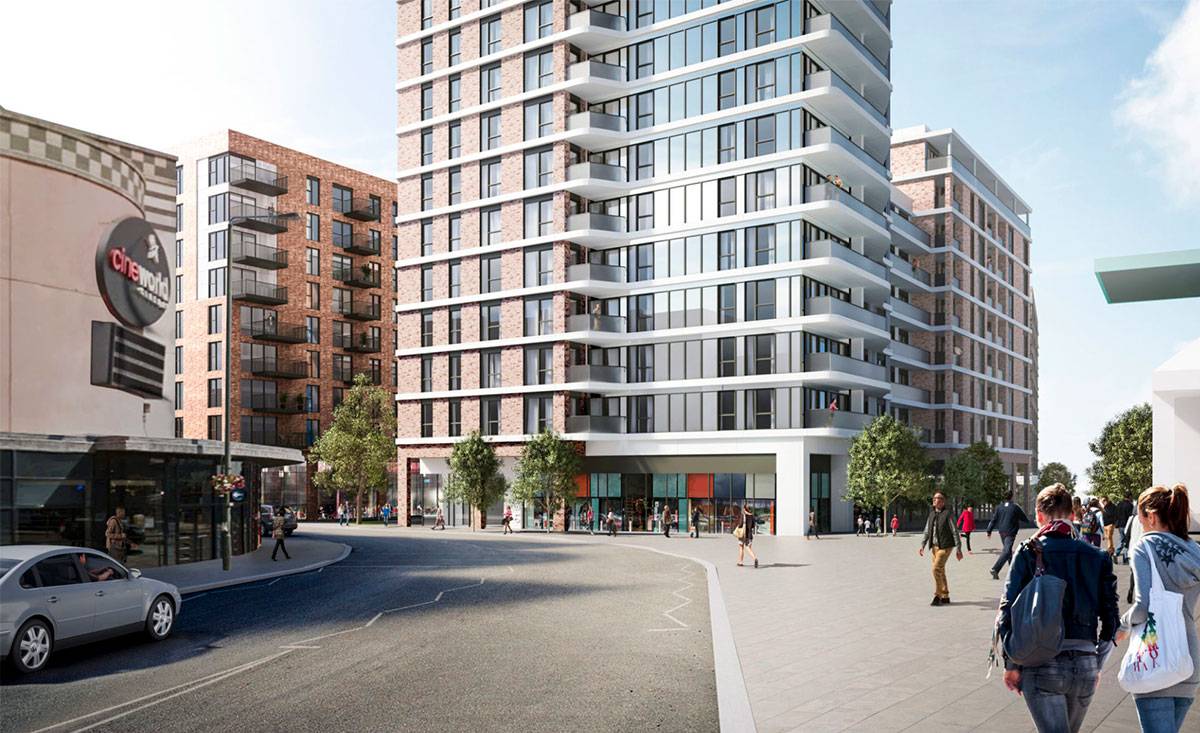
Most First-Timers Continue Property Hunting Despite Rising Living Costs
New market data suggests 75% FTBs are actively looking for new homes despite volatile market settings and rising living costs.
The current living costs crisis has affected millions of homeowners and homebuyers, including first-time property buyers (FTBs). Despite that, the majority of FTBs (75%) continue actively searching for new homes.
Key Research Findings
A survey of 1,000 FTBs revealed several curious trends in the current market. Most importantly, 75% of first-timers plan to get their first set of house keys in 2023, suggesting strong demand and resilience in this market segment.
Moreover, 66% of renters believe that they will own a home someday in the future, meaning that housing sentiment remains uplifted.
FTB Markets By Regions
Segments of new buyers slightly differ from one UK area to another. For instance, 82% FTBs in Wales and 79% in East Anglia feel confident about owning a home in the not-too-distant future.
Similar figures for the London property market hits 75%, with the rest 25% putting their plans on hold for six months and monitoring the market settings, including mortgage rates.
FTB Savings
On average, first-timers save between 10% and 15% of their income towards buying new homes (£285 per month, on average).
Unsurprisingly, average monthly savings depends on the area of living. FTBs in the West Midlands save around £211 per month, while those in London manage to save up to £311.
The research also found that the awareness of the Help-to-buy scheme has decreased by 18% amongst new property buyers, which is unsurprising given the end of the scheme.
In turn, Shared Ownership increased in popularity amongst first-timers, suggesting that buying schemes and incentives remain a critical factor in the first-timer property markets.
In general, new buyer markets perform better and are more resilient than many predicted in late 2022 when mortgage rates skyrocketed. Challenging settings made people look for new ways and options of buying new homes but didn't affect their homeownership plans that much.






